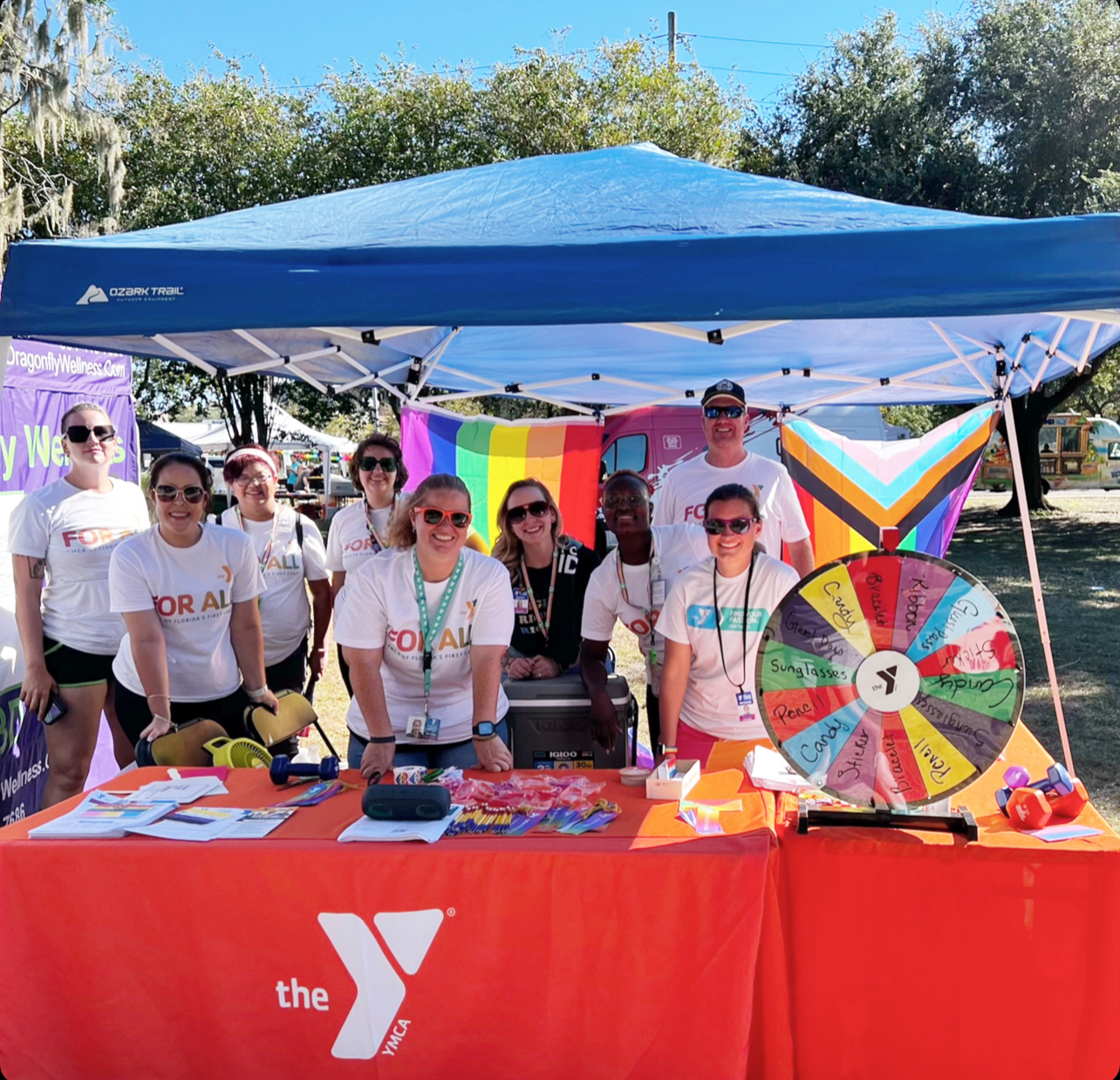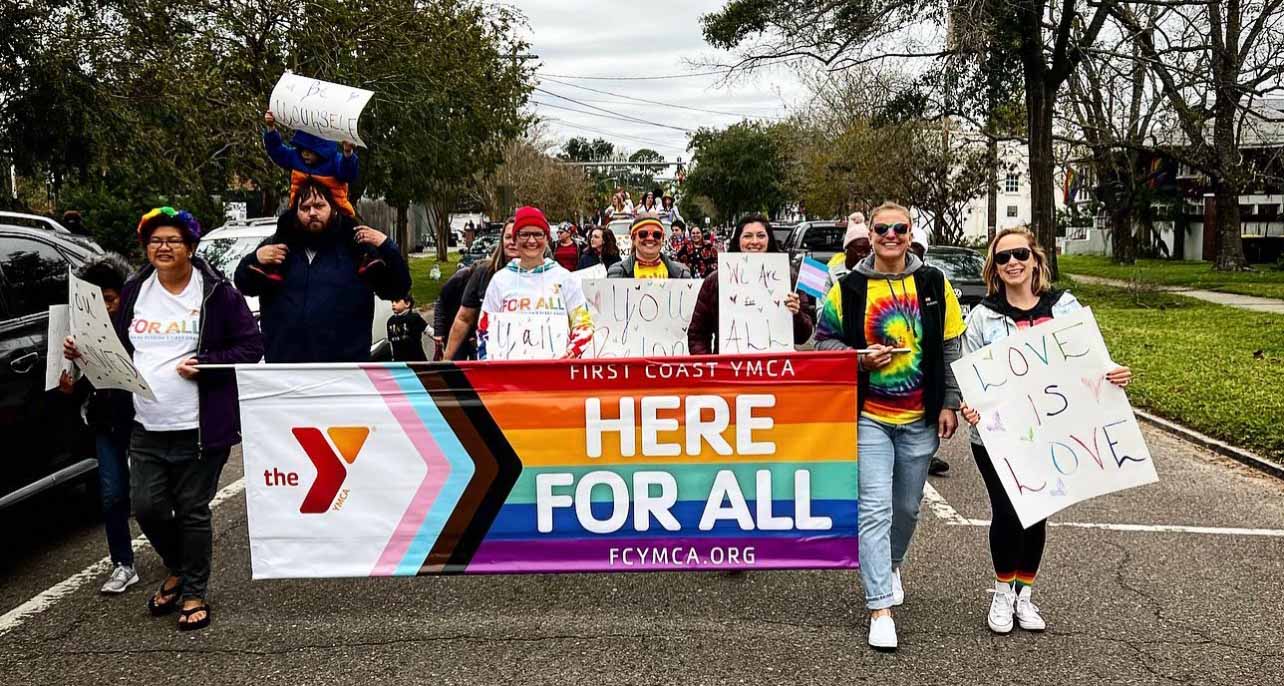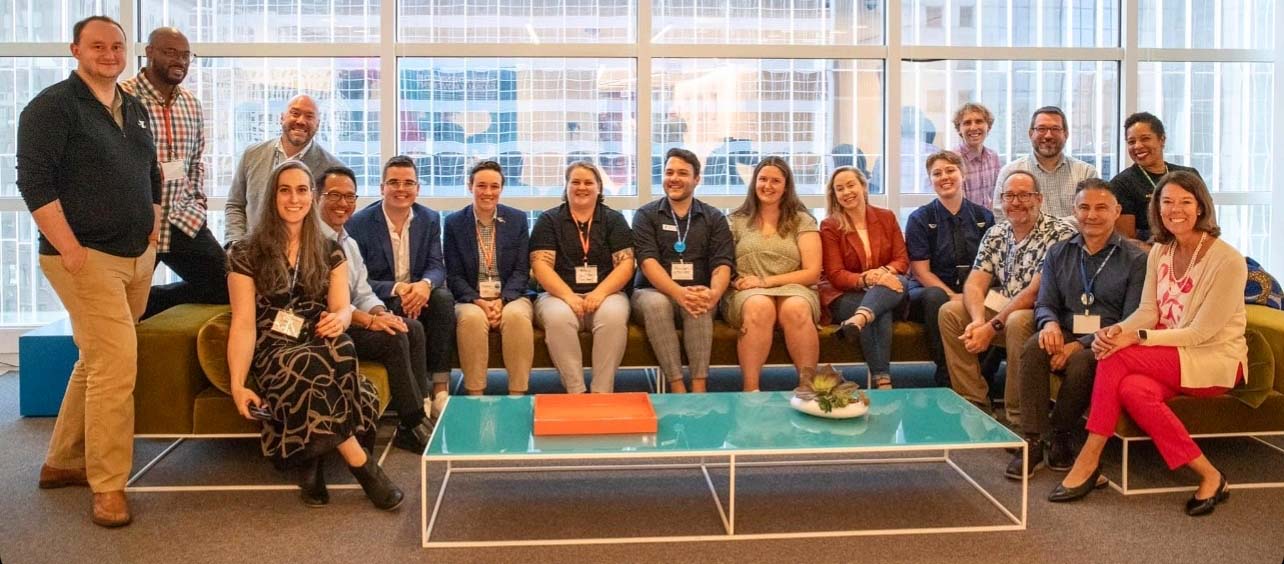__
My upbringing was marked by a peculiar family dynamic. While I deeply appreciate the support of certain family members, the majority were entrenched in deep-seated prejudices, making it difficult to revisit childhood memories. Naturally, when I realized I was a lesbian at 14 in 2004, I feared my family's likely reaction, leading me to remain closeted. So, for the following four years, I clung to my secret, waiting for the day when I could fully embrace my identity. It’s hard to explain the painful experience of hiding such a fundamental aspect of yourself––I wouldn’t wish that on anyone. But I can confidently say that my capacity to love is the best thing about me and hiding that part of myself meant hiding the best of me.
My fear wasn't just my family's reaction; I knew I'd distance myself from many of them once I entered adulthood. However, I genuinely worried about how this would impact my relationships within my tight-knit circle of girlfriends. Would our late-night texting still feel natural? Would sleepovers become uncomfortable? Would our usual displays of affection feel awkward now? And most importantly, would our friendship end? Despite growing up in a progressive area, being queer was still considered taboo.
So, after years of hiding my identity, I reached a breaking point. I urgently texted my friends to meet me at a downtown sandwich shop, where I finally came out to them. To my surprise, most of them confessed they already had suspicions. Perhaps it was the life-size cardboard cutout of Angelina Jolie in my bedroom décor... but I digress. They came together wholeheartedly to support me when I attended senior prom with another girl, despite the lingering social stigma. I remember a gathering where a group of boys, whom I had considered friends, hurled insults at me, demeaning me in front of my peers, asserting that my identity was wrong. It was my friends who comforted me, wiping away my tears and assuring me that everything would be alright. Their unwavering love and support mattered most. Little did I know then, they were my first true allies.
Allies serve as lighthouses, and they are spread throughout the entire YMCA movement.
second graf
In 2017, I was completely out and deeply proud of it. My future wife and I had relocated to a different state, and I was transitioning from a career in personal training to a new role at the YMCA. Despite being out for almost a decade, I found myself feeling unsure of how to navigate this new chapter and concerned about the potential impact of my identity on my career. However, as I met more people and became more involved in the YMCA community over the years, I realized I wasn’t alone.

By 2021, after several years with the Y, I had gained valuable experience and had confidence in my work, fueling my desire to make a greater impact. Around this time, I was offered a seat on our association’s Social Responsibility Committee—an exciting opportunity. After our first few meetings, I gathered the courage to suggest we participate in the annual Pride festival, something we had yet to take part in as an association. My suggestion seemed overlooked at first, and I expressed my disappointment at the end of the meeting, visibly upset. The group eagerly reassured me of their support, which I appreciated; yet I remained uncertain of what the future held.
The following meeting I was out on PTO and made it a point to catch up by listening to the meeting recording. To my surprise, a significant portion of the discussion focused on my reaction at the end of the call, along with my feelings of isolation as a member of the queer community. They demonstrated a genuine desire to show support as they brainstormed ways to foster a sense of safety and inclusion for me and others in the queer community. This display of support, especially in my absence, moved me to tears. It was then that I realized, once again, that I had allies—this time within the YMCA. Since then, we've joined in numerous Pride events where YMCA colleagues and friends have consistently shown up, demonstrating their allyship and support. And each year, I’ve witnessed more employees embracing their identity at such events.

As time passed on the Social Responsibility Committee, two senior leaders urged me to apply for the YMCA of the USA’s National LGBTQ+ Steering Committee. I was excited about the opportunity, but naturally self-doubt crept in heavily after the interview. Weeks later, during a vacation with spotty cell service, I received a text message from my supervisor simply saying "CONGRATULATIONS," with a screenshot of the email confirming my acceptance to the committee. I was ecstatic I was accepted to the committee! But I was also thankful to have my supervisor show such support; it meant the world. And, since then, I've noticed her wearing YMCA Pride pins at work events, and I must admit... that kind of allyship always brings a smile to my face.

I wasn’t sure what to expect joining the National LGBTQ+ Committee since being a newcomer to a group can be stressful. However, I quickly discovered that my thoughts and ideas were warmly received with genuine interest. I also realized that while we all identify under the queer umbrella, we each bring diverse identities to the table, resulting in a collective of allies ourselves. I was fortunate enough to attend the National Employee Resource Group (ERG) in-person meeting shortly after joining, where this sentiment was also evident. Several ERGs were representing various identities and experiences, and we shared a unified objective: providing safety and mutual support for the underrepresented.
Facing obstacles as a queer person is not uncommon, both in life and your career, and I'd be dishonest if I said I hadn't experienced them myself. Encountering prejudice is inevitable. However, in the face of adversity, I've discovered that allies always emerge. They provide understanding, validation, safety, and love. Allies serve as lighthouses, and they are spread throughout the entire YMCA movement.

